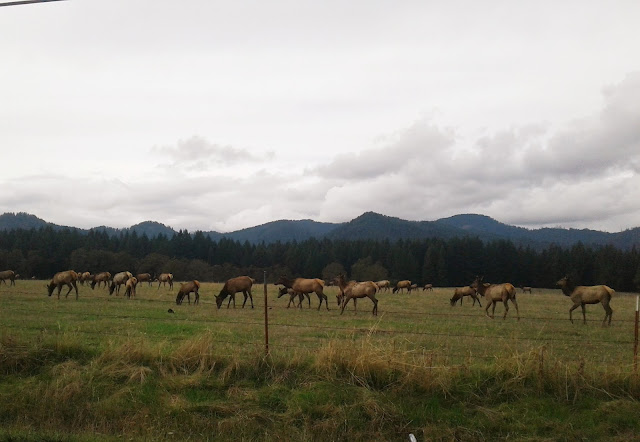Hunters and Anglers Wanted – Wildlife Conservation Depends on You
“The excellent people who protest against all hunting, and
consider sportsmen as enemies of wildlife, are ignorant of the fact that in
reality the genuine sportsman is by all odds the most important factor in
keeping the larger and more valuable wild creatures from total extermination.” ~ President Theodore Roosevelt
Did you know?
Seventy-five percent of a state’s fish and wildlife agency’s
annual budget is generated from funds collected from sportsmen and women.
Unfortunately, the amount of funds generated has decreased almost by half due
to a drop in the number of hunters. In 2016, there were 11.5 million hunters
compared to 1991 when there were 14.1 million hunters.[1]
Wildlife conservation depends on sportsmen and women.
How?
Hunters and Anglers help fund wildlife conservation in several ways. The Duck Stamp
(formally called the Federal Migratory Bird Hunting and Conservation Stamp)
created in 1934 is required in order to hunt waterfowl. Ninety-eight cents of each
dollar spent directly funds the
purchase of habitat or conservation easements within the National Wildlife
Refuge System.[2]
According to the US Fish and Wildlife Services (2018), the Duck Stamp has
funded six million acres of habitat for
conservation.
Conservation funds are not only for game species. Non-games species, turkey and deer
populations have recovered as a result of annual payments derived from an
excise tax on firearms, ammunitions, and other hunting equipment.[3]
The excise tax is part of the Federal Aid in Wildlife Restoration Act, which
funds wildlife conservation
projects, outdoor recreation access
and hunter education.[4]
As a result of the Federal Aid in Wildlife Restoration Act, in 2017, $1.1
billion contributed to wildlife and habitat conservation.[5]
Why should
non-hunters care?
It is important for non-hunters to understand the sites they
value are mostly funded through hunting and fishing activities. The National
Wildlife Refuge System sites are free and open to the public. Bird-watchers, botanist,
hikers, research scientist and artists benefit from National Wildlife Refuge
System yet do not directly contribute to funds that upkeep and expand the
system. Because of this, it is important to consider the value of hunting and
fishing even if you yourself do not want to participate in these activities.
Interested in the National
Wildlife Refuge System? Visit the U.S. Fish and Wildlife Services National Wildlife Refuge System for
details.
Interested in hunting?
Visit the U.S. Fish and Wildlife Services “Hunting” website for details.
Interested in
fishing? Visit the U.S. Fish and Wildlife Services “Fishing” website for details.
[1]
Rott, Nathan. 2018. Decline in hunters threatens how US pays for conservation.
National Public Radio. https://www.npr.org/2018/03/20/593001800/decline-in-hunters-threatens-how-u-s-pays-for-conservation
[2]
U.S. Fish and Wildlife Service. 2018. Hunters as Conservationists. U.S.
Department of the Interior. https://www.fws.gov/refuges/hunting/hunters-as-conservationists/
[3]
USFWS, 2018.
[4]
USFWS, 2018.
[5]
Lawrence, Brent. n.d. Hunters, anglers: the backbone of wildlife conservation.
USFWS Pacific Region. http://usfwspacific.tumblr.com/post/119301140095/hunters-anglers-the-backbone-of-wildlife




Comments
Post a Comment